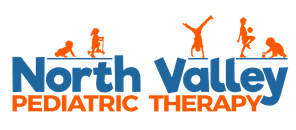What is a concussion?
A concussion is an unpredictable injury to any area of the brain, resulting in immediate or delayed changes in the brain’s chemistry and function. Concussions occur with rapid movement changes or when the head is directly hit. Often seen in playground accidents, falls, motor vehicle collisions (whiplash), and contact sports such as football and soccer.
Common signs and symptoms of a concussion are:
- Headache
- Irritability
- Dizziness
- Sleeping difficulties
- Nausea
- Difficulty with concentration
- Vomiting
- Memory problems (short-term and long-term)
- Fatigue
- Slower response times
- Fogginess
- Changes in personality
- Blurred or double vision
- Mood swings
- Light sensitivity
- Sound sensitivity
If left untreated, concussions may cause physical, cognitive, and behavioral problems, both short-term and long-term. Every concussion is considered a serious injury by health care providers. If your child has experienced a head injury, seek medical help immediately.
What will physical therapy do?
A physical therapist is able to evaluate and provide concussion care specific to each patient’s needs. Physical therapists will help the patient manage their symptoms while teaching them evidence based exercises to help with their concussion recovery. Treatments will include strength and endurance training, improving dizziness and balance deficits, vision treatments, and reducing headaches.
Children who work with physical therapists following a concussion experience a safe and gradual return to sports and prior level of function without overloading the brain and nervous system.
References:
https://www.cdc.gov/traumaticbraininjury/PediatricmTBIGuideline.html
https://pediatricapta.org/includes/fact-sheets/pdfs/17%20Concussion%20in%20Pediatric%20Population.pdf?v=1
Blog by:
Heather Wolf DPT, PT
Physical Therapist
